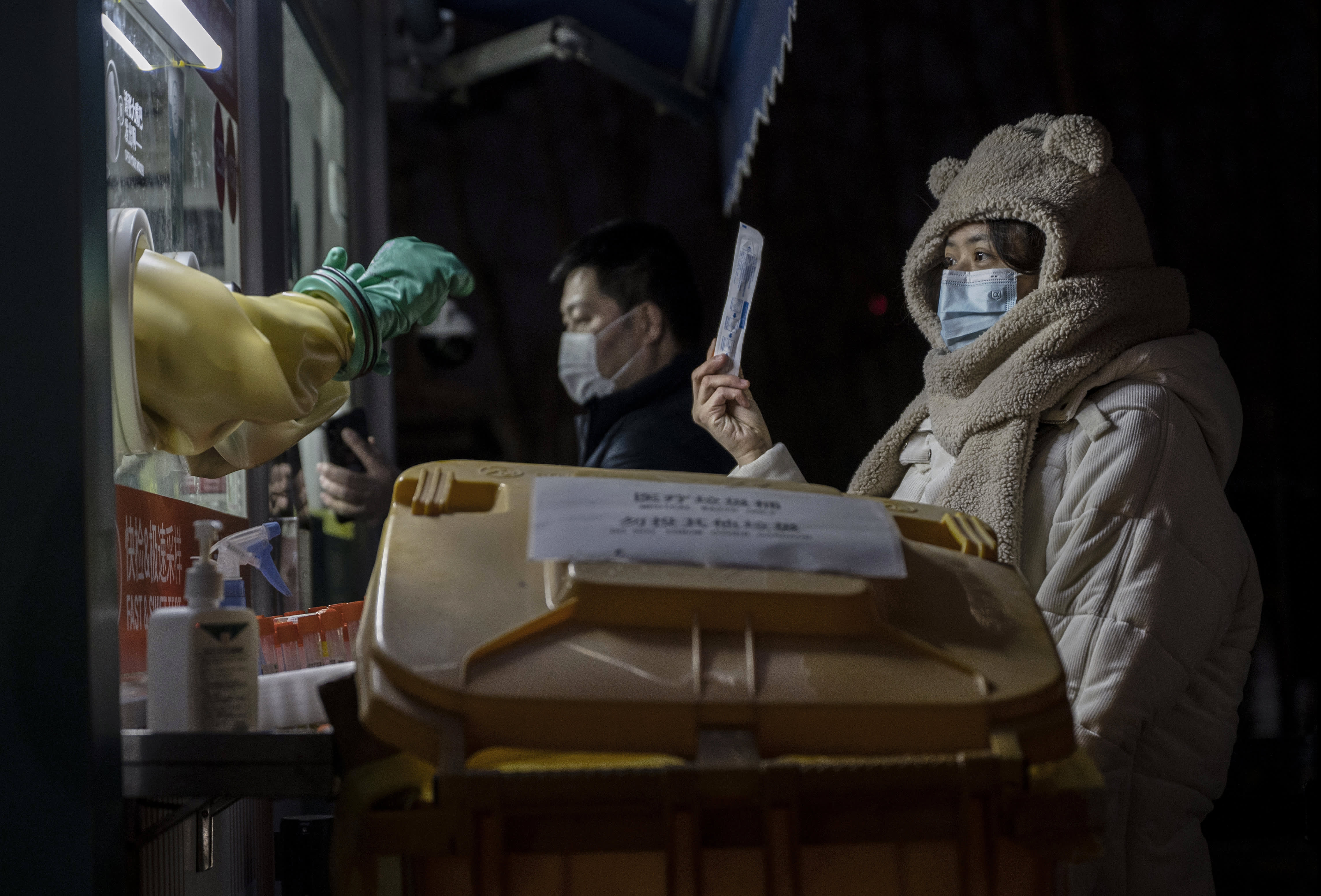China’s strict zero-Covid approach won’t be able to limit the spread of the highly infectious omicron variant, according to a U.S. epidemiologist.
Beijing may not be able to use the same “authoritarian approaches” against omicron because the variant is unlike the others, Dr. Michael Osterholm, director of the Center for Infectious Disease Research and Policy, said on Friday.
“Trying to stop omicron is kind of like trying to stop the wind,” he told CNBC’s “Squawk Box Asia.”
China is “uniquely at risk” to omicron, Osterholm said, for a combination of reasons: Early studies suggest its Sinovac and Sinopharm vaccines are “not very effective” against the variant, and at the same time China’s success at preventing the spread of Covid so far means it has a very large population that remains vulnerable.
CNBC on Friday requested comment from China’s embassies in Washington, D.C., and Singapore, but had received no response at the time of this report’s publication.
China, which recorded its first omicron case in January, has doubled down on its zero-Covid strategy, in contrast to the growing number of countries that have shifted to living with the virus and lifting restrictions. Many of those countries use proven vaccines and have already experienced waves of infection — two major ways that populations establish antibodies to the virus.
Many nations initially took an aggressive approach through mass lockdowns and strict social restrictions, but they gradually abandoned that strategy as the highly infectious delta variant spread quickly and lockdowns became less effective.
While Europe has rapidly lifted restrictions, China may take a more gradual approach, said Dale Fisher from the National University of Singapore’s Yong Loo Lin School of Medicine.
China has not started the “rite of passage” to let the “virus in and deal with the consequences,” Fisher said.
“I think when China does decide to move, it will be a gradual … approach, similar to Singapore,” he told CNBC.
The Winter Olympics in Beijing, which started on Friday, has further tested China’s zero-Covid strategy, as the country seeks to ensure the Games run smoothly without becoming a super-spreader event.
“I think China can control Covid in the Winter Olympics, there’s obviously very strict rules,” said Fisher, adding that the athletes get tested daily.
“Anyone that’s tested or anyone that’s positive, and I’m sure the contacts, will be isolated and quarantined. It’s manageable and they only have to do it for two weeks,” he added.
Disclosure: CNBC parent NBCUniversal owns NBC Sports and NBC Olympics. NBC Olympics is the U.S. broadcast rights holder to all Summer and Winter Games through 2032.
